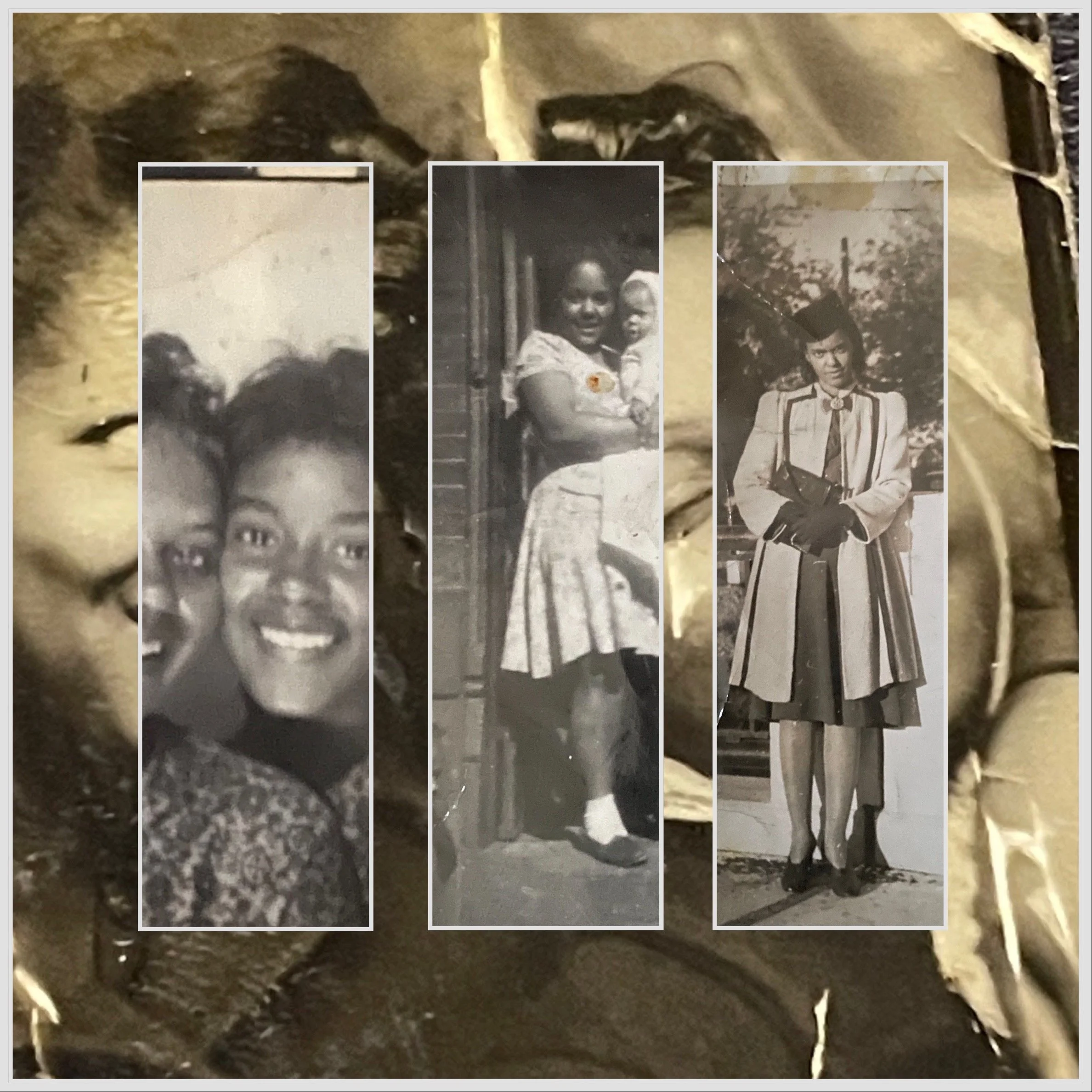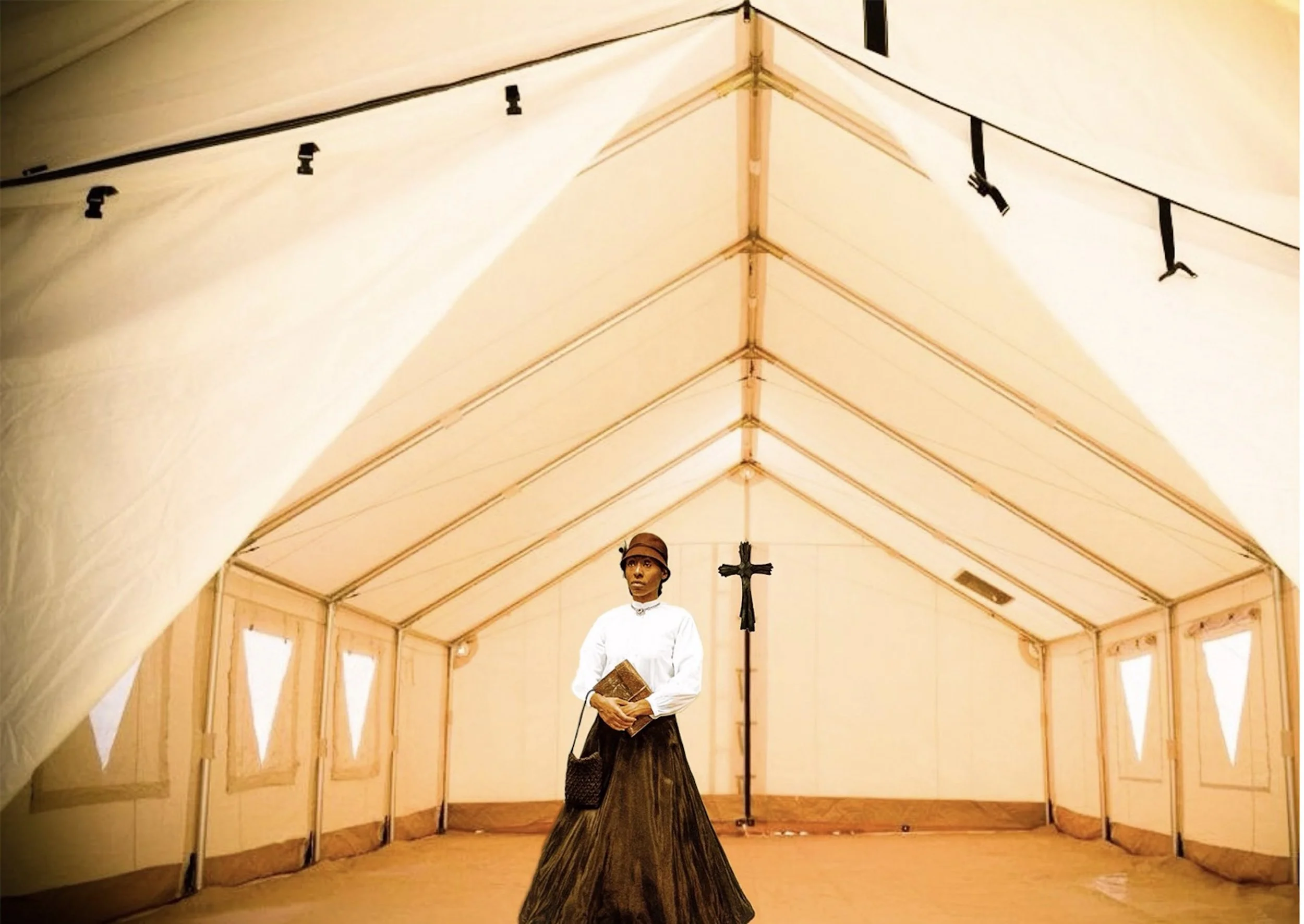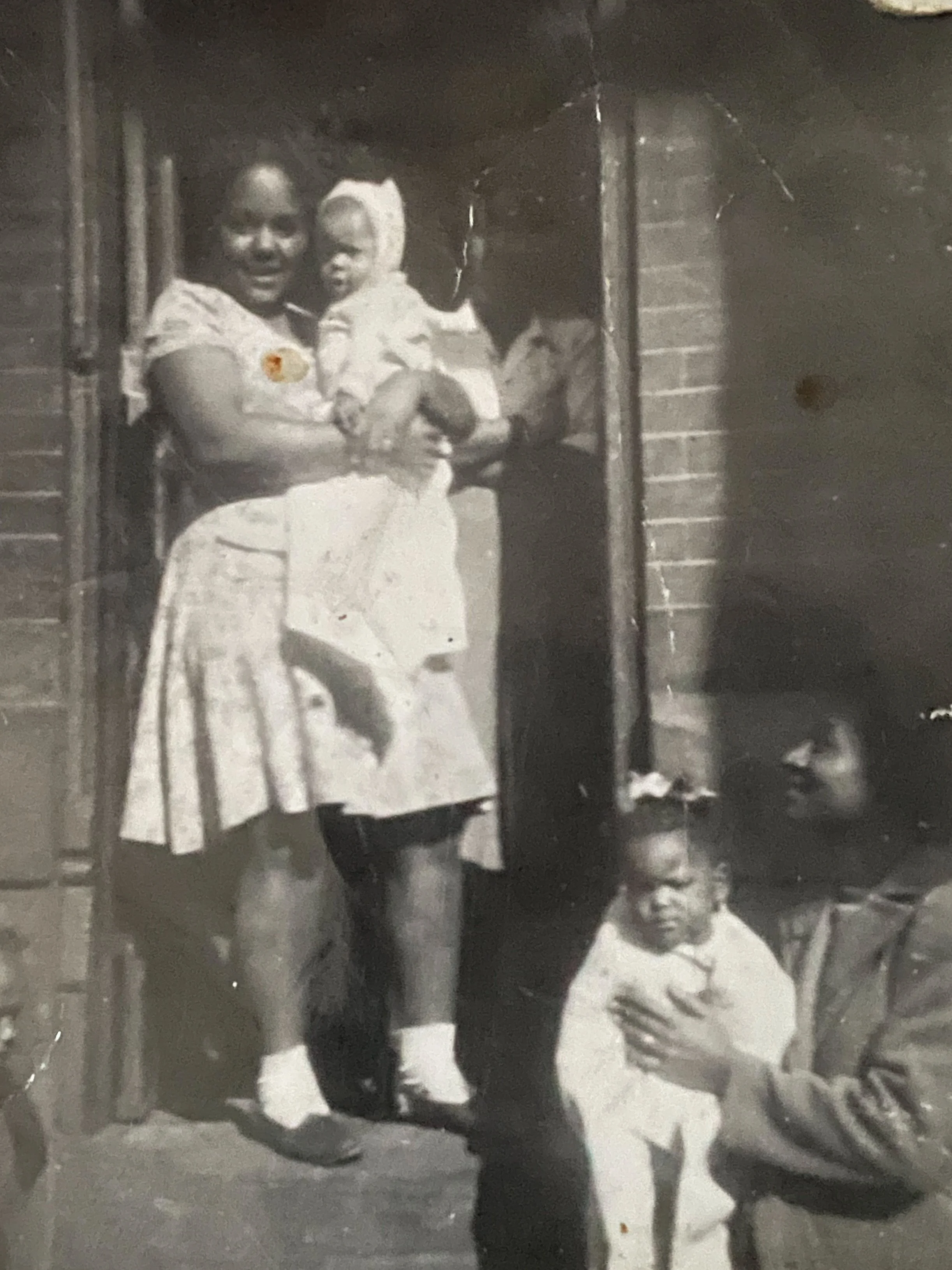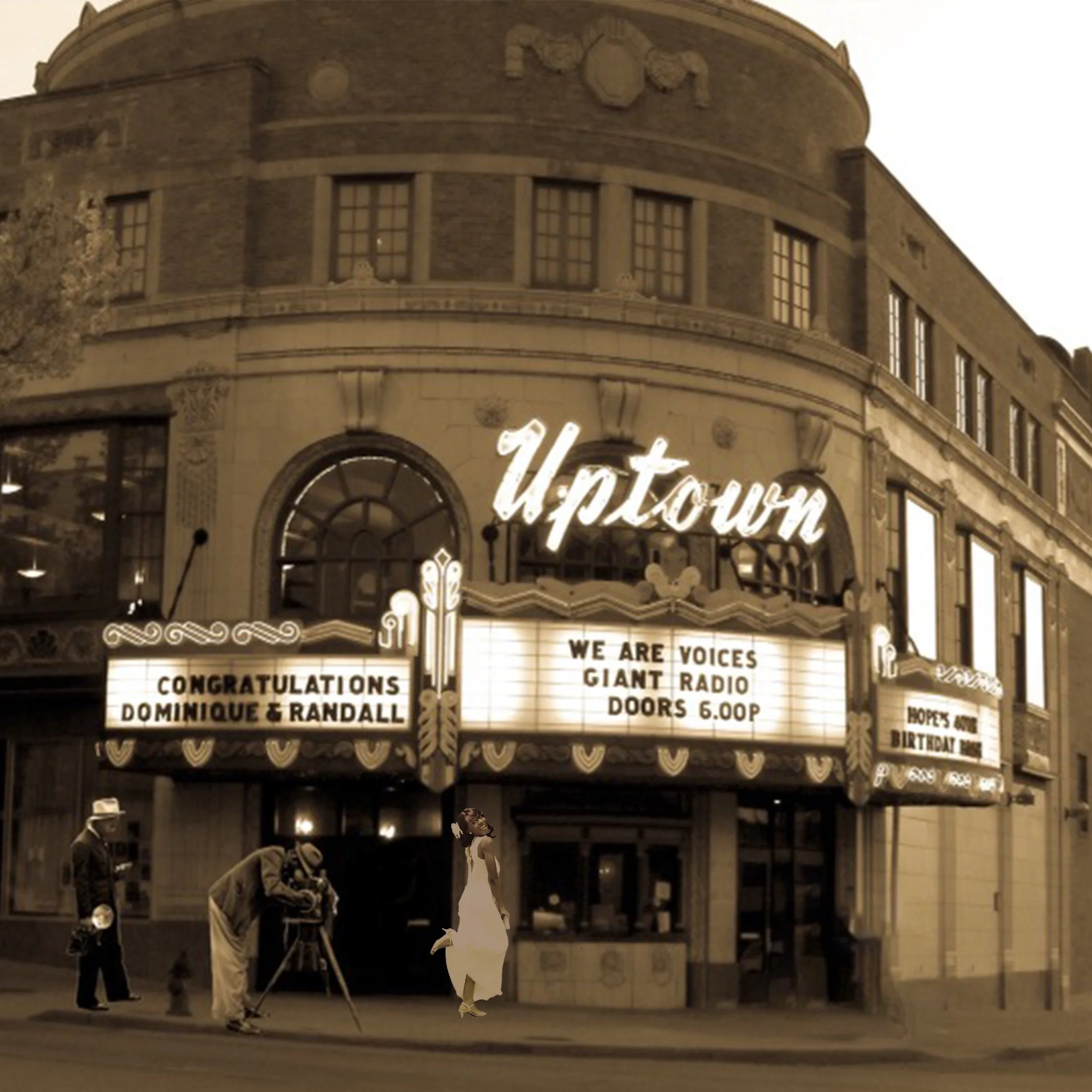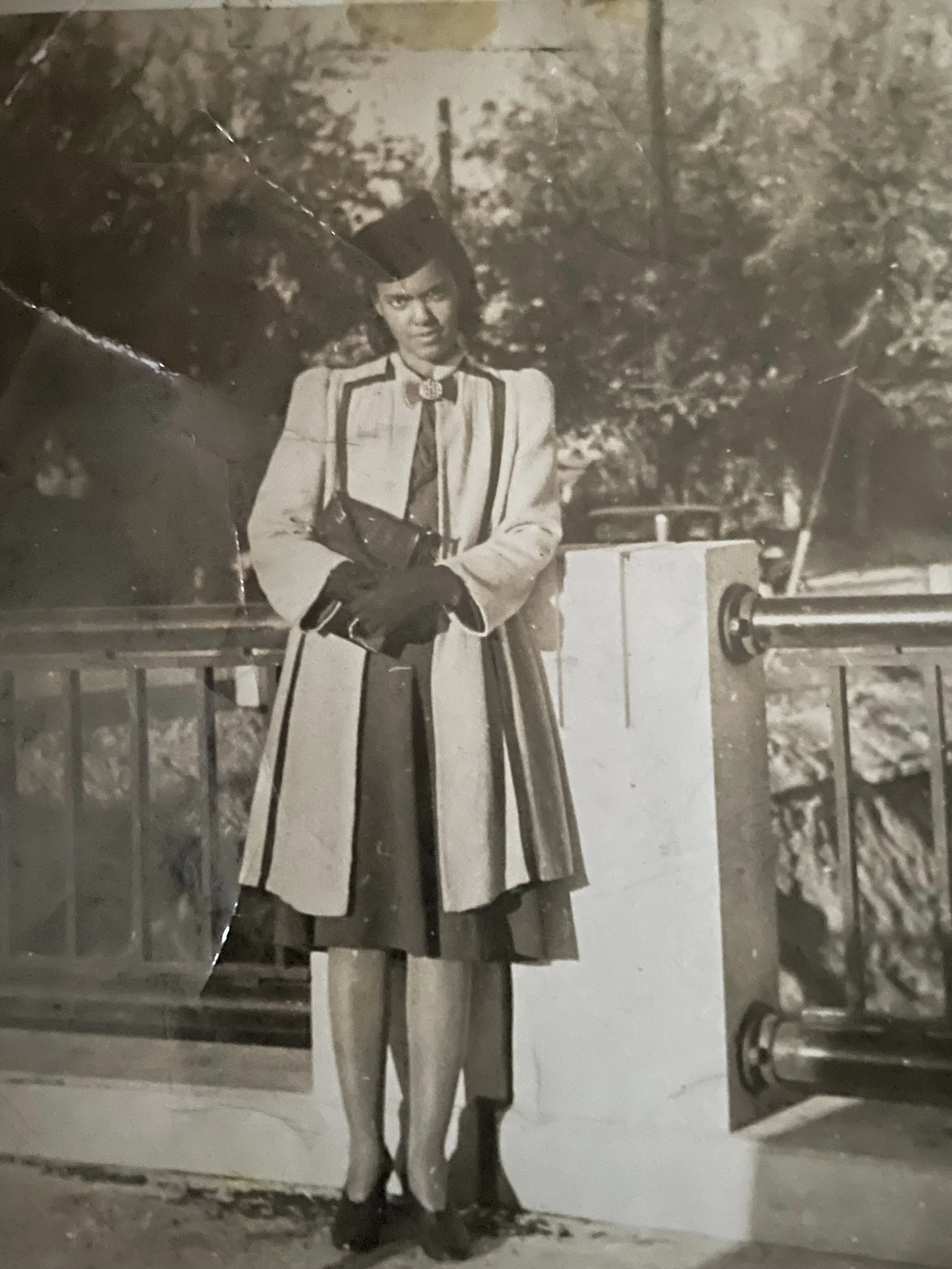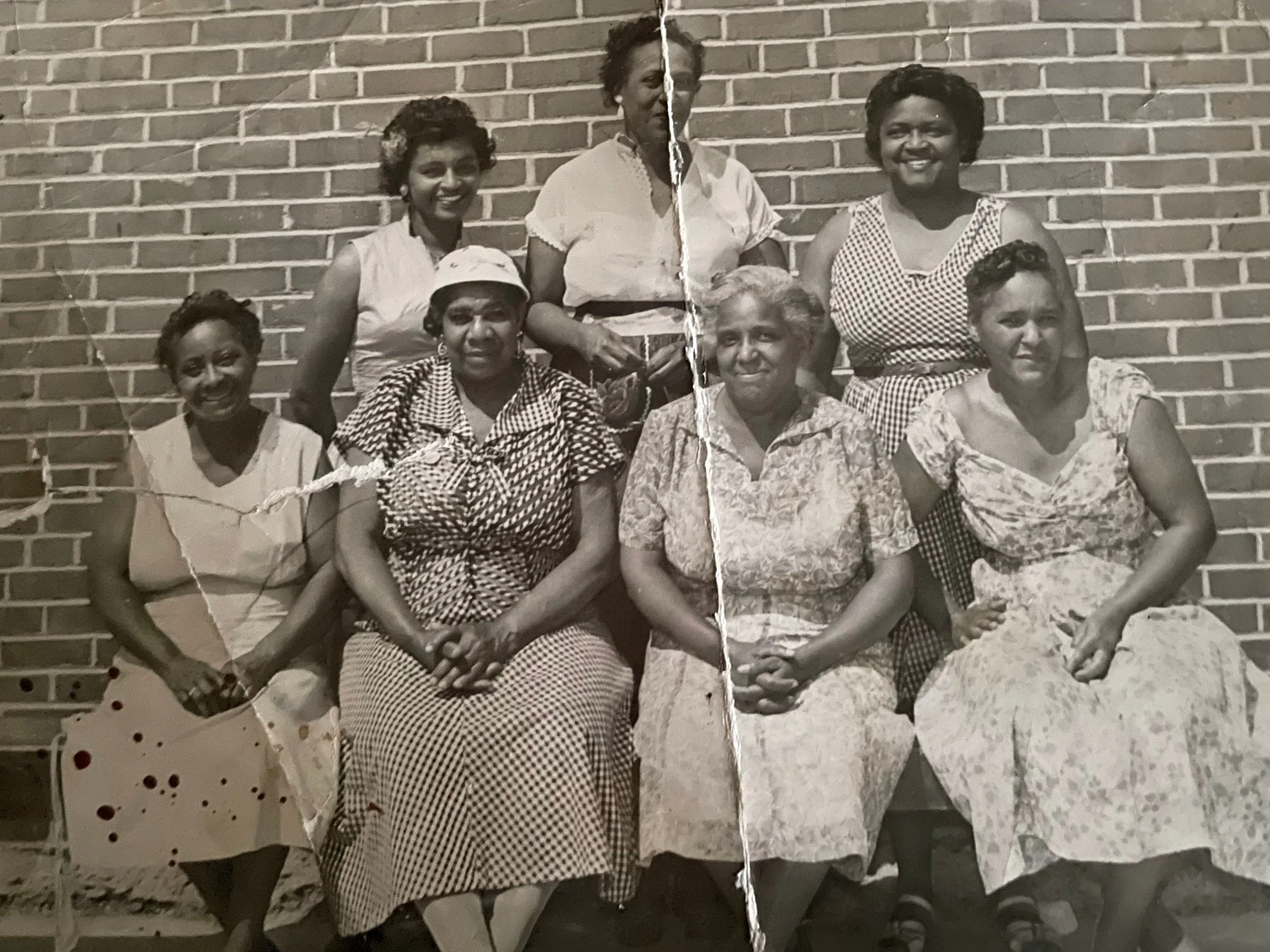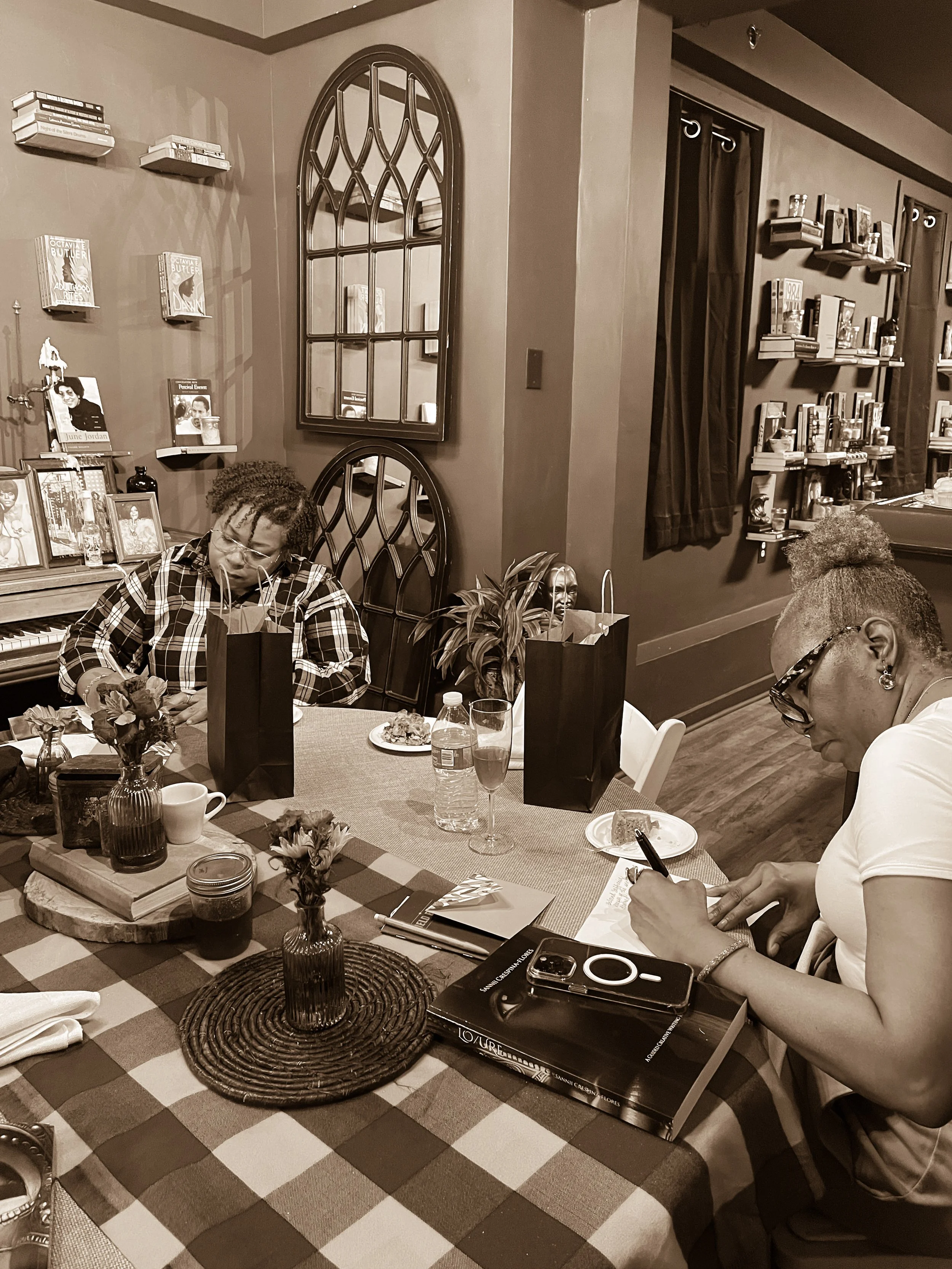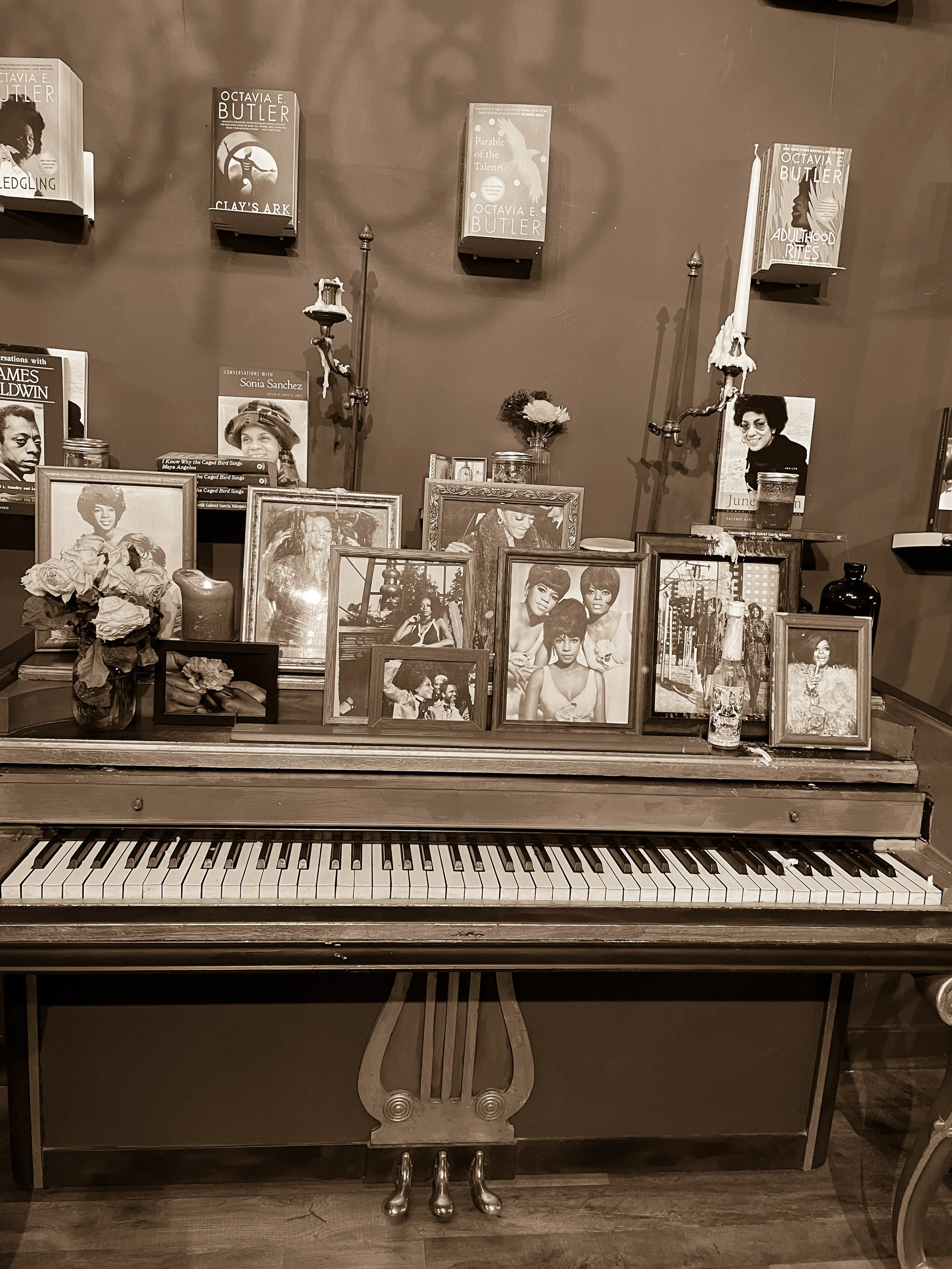Unbinding the tongue and bearing witness.
Inspired by the literary community engagement practices and scholarly analysis of Toni Morrison and Alice Walker, and scholarly analysis by Dr. K. Zauditu-Selassie,, Jeong-Eun Rhee, Jesmyn Ward and S.R. Toliver to name a few, which emphasizes the importance of historical context for future enlightenment. I have engaged in creating narrative fiction that not only tells these stories but also allows the women who inspired them to reclaim their narratives. By engaging the tools of traditional Black storytelling, afro-futurism and sisterhood, this project implores one to consider how we move forward in data collection, analysis and representation. Documenting the longstanding tradition among Black women of passing down stories from one generation to the next at the dinner table or on the front stoop, these narratives often encapsulate personal and collective experiences, cultural wisdom, and resilience in the face of adversity.
Historically, these stories were shared in intimate settings like family gatherings, community events, and the infancy of civil and social movements, serving as a vital means of preserving history and strengthening community bonds. This process has helped bridge generational gaps and address the losses incurred through assimilation and displacement, ensuring that valuable traditions and remedies are not lost to time.
For this to be possible we must return to utilizing oral histories.The intricate practice of repetition unbinds the story, allows a freedom and personal interpretation of the wisdom and knowledge that is embedded in the characters and events.
The data collected and review of historical records pertaining to the lived experiences of Black women highlights the rich and vibrant cultural, societal and womanist influence on generations of women preserving their legacies but also reaffirming their place and value in the community in a way that has always existed but is threatened to disappear because the elders are transitioning, social interaction is declining and the impact of gentrification .
“What has guided me to imagine, conceptualize, and carry out this work on my mother’s re-memory as inquiry is y/our m/others who have also left the haunting traces of multiple connections; and who have mysteriously showed up offering their helping hands – or their re-memories – at various points of my writing.”(Jeong-Eun Rhee).
This is how we remember our/selves’collectively.
“They ask me to remember but they want me to remember their memories and I keep on remembering mine.”
- Lucille Clifton
“For all the juke joint women
With peek-a-boo knees and black seems
Grasping at hems in homemade winds
Red lip Sallys
With razor sharp teeth cutting paths for us
For all the women as emissaries
With velvet hands
Caught babies
Kneaded bread
And
Toiled unyielding soil
These divining rods prepared a sacred space for us
For all the Holy women
Leaving prayers in the back of photos in gilded frames
Taming fevered bodies with ancestral psalms from haint blue doorways
Performing miracles so that we would survive
Thank you”
“I was raised by women who spoke in poems and songs, did ring dances and sometimes prayed for rain. They told fanciful tales, burned tobacco and sipped fire water.”
“Did I, did I tell you ‘bout the time I got free?
Got so free in the body that my mind traveled light years
And, I met God under a disco ball in a room full of swaying bodies
She was beautiful and Black like me
We danced until the music stopped
She left me with a song
Bone deep
Sung me into a new existence I had been longing for
Yes, Sugar, I got free”
